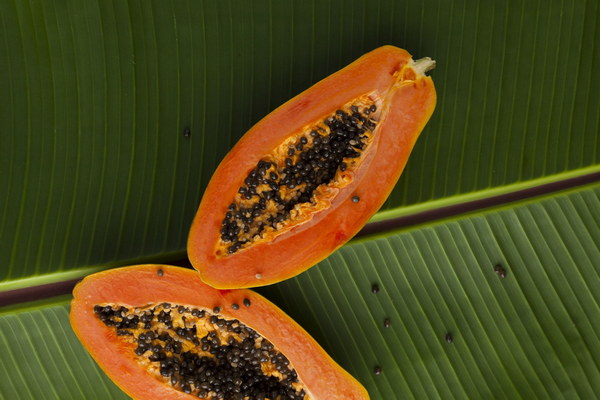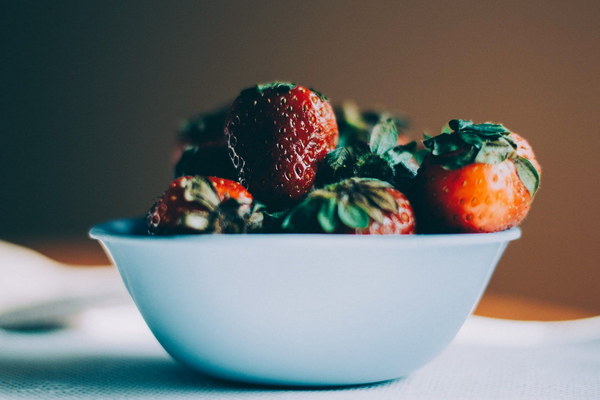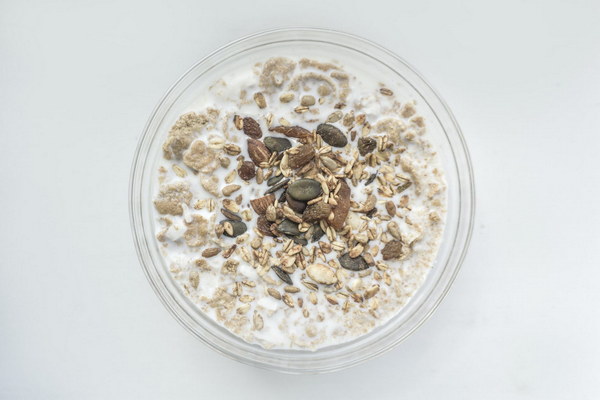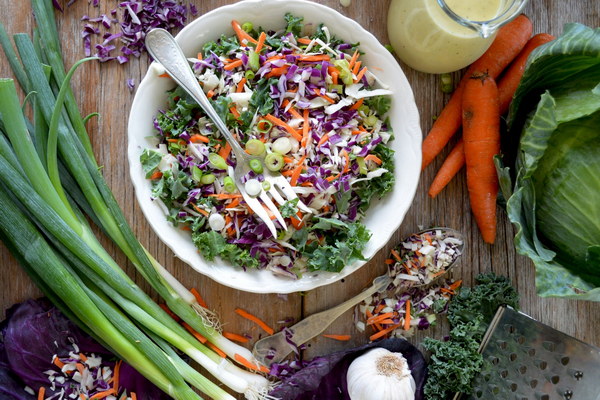Boosting Digestive Health Natural Remedies for Excess Intestinal Gas and Its Nutritional Counterparts
Experiencing excess intestinal gas, commonly known as flatulence, can be an uncomfortable and embarrassing situation. While it's a common occurrence, it's often due to dietary choices. This article delves into the causes of excessive intestinal gas and offers natural remedies, including dietary adjustments, to alleviate symptoms. We'll also explore the importance of nutrient-rich foods that can help prevent gas and support digestive health.
Understanding Excess Intestinal Gas
Excess intestinal gas is often a result of the fermentation of indigestible food by bacteria in the large intestine. This fermentation process produces gas, which can lead to bloating, discomfort, and sometimes pain. Common foods that contribute to gas include beans, lentils, cruciferous vegetables (like broccoli and cauliflower), onions, garlic, and dairy products.

Natural Remedies for Excess Intestinal Gas
1. Chew Thoroughly: Eating slowly and chewing thoroughly can help prevent the swallowing of excess air, which is a common cause of gas.
2. Avoid Carbonated Beverages: Carbonated drinks and sodas can introduce extra gas into the digestive system, exacerbating symptoms.
3. Probiotics: These beneficial bacteria can help maintain a healthy balance of gut flora and may reduce gas production. Foods like yogurt, kefir, and sauerkraut are excellent sources of probiotics.
4. Herbal Teas: Teas like peppermint, fennel, and chamomile have been used traditionally to aid digestion and reduce gas. They can be consumed after meals to help digest food more efficiently.
5. Ginger: Consuming ginger, whether in tea, as a spice, or in supplements, can help soothe the digestive tract and reduce gas.
6. Exercise Regularly: Regular physical activity can help improve digestion and prevent the build-up of gas in the intestines.
Dietary Adjustments
1. Reduce Intake of Gas-Producing Foods: Gradually reduce your intake of gas-producing foods and monitor how your body responds. It might be necessary to cut down on beans, lentils, and cruciferous vegetables for some individuals.
2. Choose Low-Fat Dairy Products: If dairy is a trigger for you, opt for low-fat or lactose-free dairy products, as they may be easier to digest.
3. Stay Hydrated: Adequate hydration helps maintain regular bowel movements and can aid in the digestion process.
Nutritional Counterparts for Gas Prevention
1. Fiber-Rich Foods: While high-fiber foods can contribute to gas, a balance of soluble and insoluble fiber is essential for a healthy digestive system. Foods like apples, carrots, berries, and whole grains are great sources of fiber.
2. Vitamin D and Calcium: These nutrients are important for bone health but also play a role in digestion. They can be found in fatty fish, fortified milk, and orange juice.
3. Magnesium: Magnesium can help relax the muscles of the digestive tract, potentially reducing symptoms of gas. It can be found in foods like almonds, avocados, and leafy greens.
4. Protein: Ensuring an adequate intake of protein can help support digestive health. Lean meats, fish, eggs, and plant-based sources like lentils and tofu are good options.
In conclusion, managing excess intestinal gas often involves a combination of dietary adjustments, lifestyle changes, and the consumption of certain nutrients. By understanding the causes of gas and implementing these natural remedies and nutritional strategies, you can improve your digestive health and reduce discomfort associated with excess gas. Remember, if symptoms persist or worsen, it's important to consult a healthcare professional for personalized advice.









